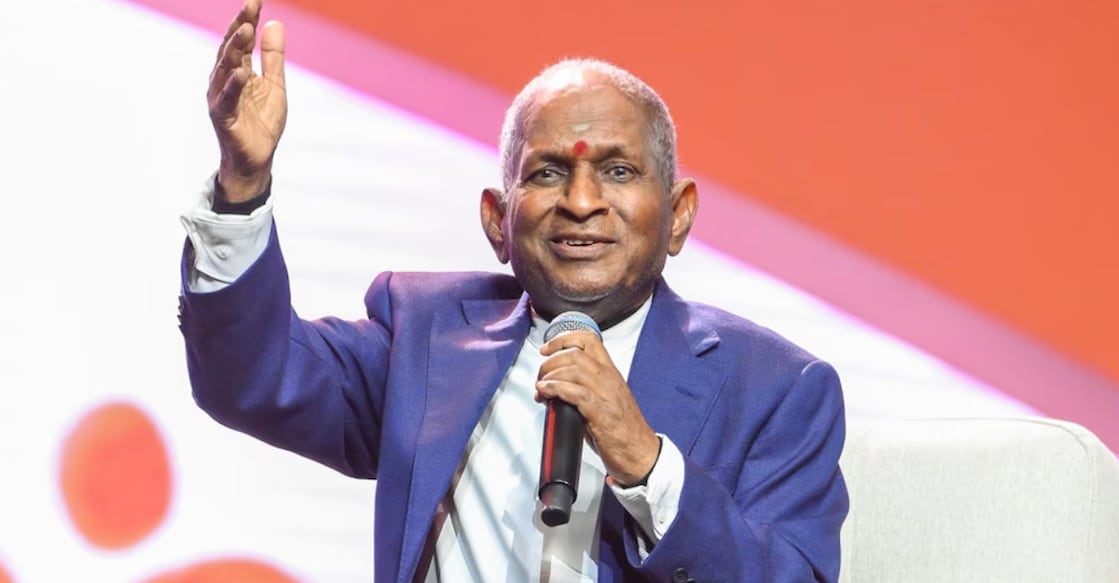Ilaiyaraaja forced to leave sanctum sanctorum of Srivilliputhur Andal? A look into the controversy

Mail This Article
Music composer Ilaiyaraaja's visit to the Andal temple in Tamil Nadu's Srivilliputhur sparked controversy after reports emerged that the veteran was denied entry into its sanctum sanctorum. However, a day after the incident drew netizens' ire, temple authorities issued a clarification and said the music maestro was denied entry into the ‘Ardha Mandapa’ of the temple, which was considered sacred like the sanctum sanctorum.
According to the temple administrator, only priests are allowed entry to the Ardha Mandapa of the temple. The authorities also said that Ilaiyaraaja had mistakenly entered the ‘Ardha Mandapa’ of the temple and voluntarily left from there after being sounded about it. The temple officials denied that the music legend was subjected to any discrimination.
Ilaiyaraaja was accompanied by Sadagopa Ramanuja Iyer and Sadagopa Ramanuja Jeeyar of the Sri Andal Jeeyar Mutt in Srivilliputtur. The award-winning music composer was at the temple to release his composition 'Divya Pasuram'. Ilaiyaraaja along with Sadagopa Ramanuja Iyer and Sadagopa Ramanuja Jeeyar of the Sri Andal Jeeyar Mutt proceeded into the garbhagriha or the temple's sacred chamber where the deity is kept, when he was stopped and asked to step out.
The Srivilliputhur Aandal temple is one of the 108 'divya desams' or holy places dedicated to Lord Vishnu in Tamil Nadu. The temple's history is connected with the legend of the Tamil poet-saint Aandal, who lived in the 7th century.
Seeking to put to rest the controversy over his visit, Ilaiyaraaja later issued a statement on X, "Some people are spreading false rumours centered around me." "I am not the one to compromise my self-respect at any time or place, and I will not compromise. They are spreading news that did not happen (and portraying) as if it happened. Fans and the public should not believe these rumours," the composer said.

